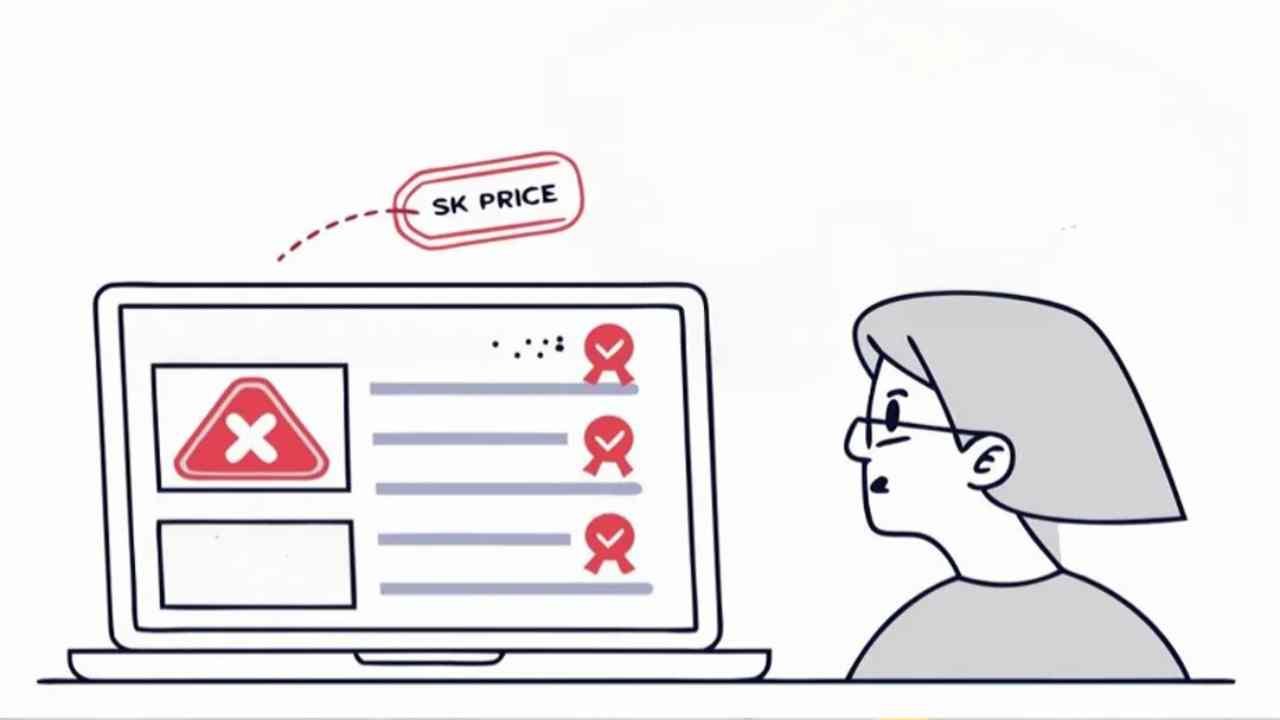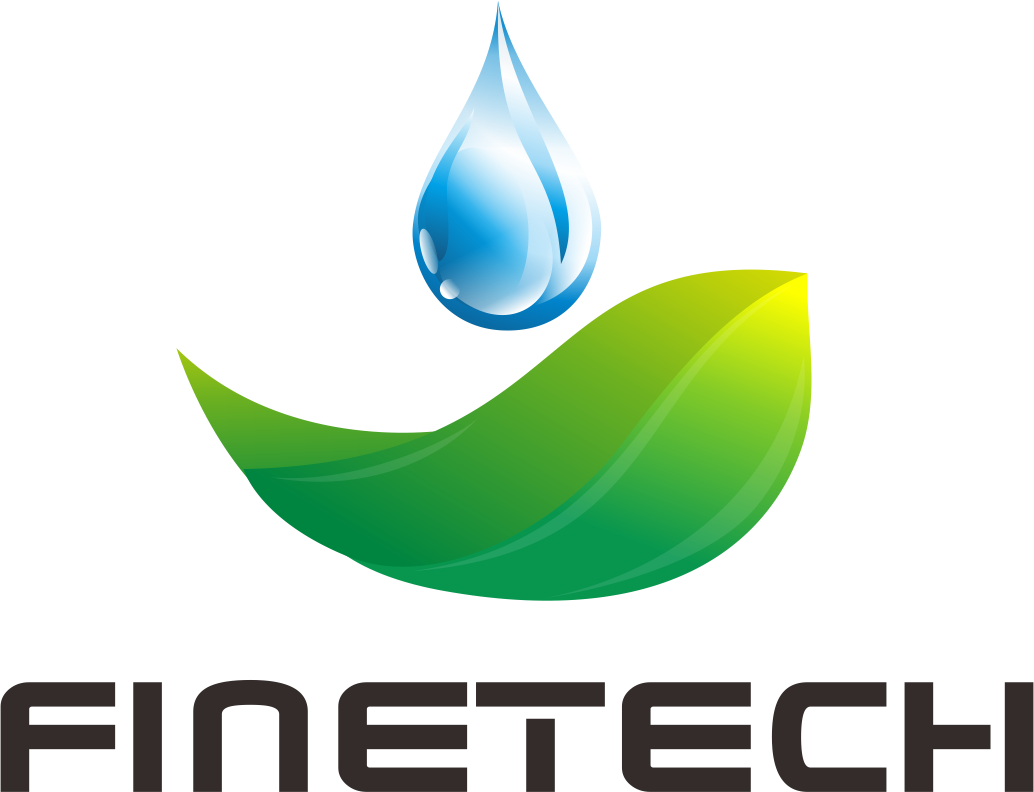Worried about getting bad quality xanthan gum? Scared of losing money to a shady supplier? Let's talk about how to protect your business and investment.
Reduce risks by vetting suppliers, using secure payments (like L/C or T/T against B/L copy), demanding transparency, and requiring pre-shipment quality checks like a batch-specific Certificate of Analysis.
In the food additives business, risk management is everything. Bad quality or late shipments are major pain points for my clients. At FINETECH, my job is to eliminate these risks. Here are my strategies for sourcing xanthan gum safely.
What are the red flags to look for in a Xanthan Gum supplier?
Tired of untrustworthy suppliers? See a price that's too good to be true? Let's identify the warning signs you can't ignore.
Red flags for a supplier include unrealistically low prices, no professional certifications (ISO, Halal), poor communication, and refusal to provide samples or a batch-specific Certificate of Analysis (CoA).

A supplier's behavior before you order tells you everything. Watch out for:
- Too-Good-To-Be-True Prices1: Almost always means a compromise on quality or purity.
- No Certifications2: A lack of ISO, FSSC 22000, or Halal/Kosher certs suggests they are not a legitimate manufacturer.
- Poor Communication: Slow, vague responses are a bad sign for future service.
- Refusal to Provide Proof: A good supplier will happily provide samples and documents. Hesitation is a huge red flag.
Red Flag Checklist:
| Red Flag | What It Might Mean | Your Action |
|---|---|---|
| Unrealistically Low Price | Low quality or scam. | Compare prices, be suspicious. |
| No Certifications | Likely a small trader. | Ask for and verify certs. |
| Unprofessional | Not serious about business. | Test their communication. |
| No Proof | Hiding poor quality. | Insist on samples/docs. Walk away. |
How do secure payment terms protect you when buying Xanthan Gum?
Afraid of paying and getting nothing? Worried about financial risk? Let's discuss payment terms that protect you.
Secure payment terms like a Letter of Credit (L/C) or T/T with a 30% deposit and 70% balance against the Bill of Lading copy protect you by ensuring the supplier only gets full payment after they ship the goods.

Never pay 100% in advance to a new supplier. This gives you no leverage.
Secure Options:
- T/T Deposit + Balance (Most Common): Pay a 20-30% deposit to start production. Pay the remaining 70-80% only after the supplier sends you a copy of the Bill of Lading (B/L) as proof of shipment.
- Letter of Credit (L/C) (Most Secure): Your bank guarantees payment to the supplier's bank only when they present a perfect set of shipping documents. Best for large orders, but has more fees.
Payment Term Risk Level:
| Payment Term | Buyer's Risk | How it Protects You |
|---|---|---|
| 100% T/T Advance | Very High | It doesn't. |
| T/T Deposit + Balance | Low | You hold final payment until proof of shipment. |
| Letter of Credit (L/C) | Very Low | Banks manage the payment against documents. |
What is the best way to handle a shipping delay for a Xanthan Gum order?
Frustrated by late shipments? Is your production held up by delays? Let's discuss how to manage this common problem effectively.
Handle shipping delays with proactive management. This means choosing a supplier who communicates early, adding buffer time to your schedule, and having a partner who actively tracks the shipment and solves problems.

Delays happen. How they are handled is what matters.
- Demand Proactive Communication3: A good partner like FINETECH will track your shipment and inform you of any delays immediately. A bad supplier goes silent.
- Plan a Buffer: Always add 1-2 weeks of safety time to your internal schedule. Don't plan production around the earliest possible arrival date.
- Active Management4: When a delay occurs, your partner should be contacting the shipping line for updates and solutions.
The key is clear, timely information. A delay is a problem, but lack of information is a crisis.
Why is supply chain transparency so important when sourcing Xanthan Gum?
Are you sure where your xanthan gum comes from? Worried about inconsistent quality? This is why transparency is so important.
Supply chain transparency is vital because it ensures quality consistency, traceability, and accountability. Knowing the original factory means you can verify certifications and get the same reliable product in every order.

Buying from a non-transparent trader is risky. They might switch factories between orders to find a cheaper price, leading to inconsistent quality for you.
Benefits of Transparency:
- Consistent Quality5: You get the same product from the same source every time.
- Traceability: You can trace a product back to its source in case of a food safety issue.
- Accountability: You know who is responsible for the quality.
- Verified Certs6: You can confirm the factory's certifications are legitimate.
How can you avoid common quality problems with Xanthan Gum?
Received a shipment that was clumpy or weak? These problems can ruin your product. Here's how to prevent them.
Avoid quality problems by providing clear technical specs, testing a pre-shipment sample from your actual batch, and demanding a batch-specific Certificate of Analysis (CoA) before the cargo ships.

Don't wait for problems to happen. Prevent them with this proactive process:
- Define Your Specs: Give your supplier a clear technical data sheet (TDS) with your required viscosity, mesh size, etc.
- Test a Pre-Shipment Sample (PSS): Get a sample from your specific production batch and test it in your lab before the goods are shipped. This is your most powerful check.
- Demand a Batch-Specific CoA: Review the manufacturer's test results for your batch. Make sure they match your specs and your PSS test results.
- (Optional) Use a 3rd Party Inspector: For critical orders, hire a company like SGS to inspect and test on your behalf at the factory.
Quality Assurance Checklist:
| Step | Purpose |
|---|---|
| Define Specs (TDS) | Set clear quality requirements. |
| Test PSS | Verify quality before shipment. |
| Review Batch CoA | Get documented proof of quality. |
| 3rd Party Inspection | Get unbiased, independent verification. |
Conclusion
Reducing risk when buying xanthan gum means being diligent. Vet suppliers, secure payments, demand transparency, and proactively verify quality to protect your business and reputation.
-
Understanding the risks associated with low prices can help you make informed decisions and avoid potential pitfalls. ↩
-
Exploring the significance of certifications can ensure you partner with legitimate and quality-focused suppliers. ↩
-
Understanding proactive communication can enhance your partnership and improve shipment tracking. ↩
-
Exploring active management strategies can help you effectively handle delays and optimize your operations. ↩
-
Understanding consistent quality can help you make informed decisions when choosing suppliers. ↩
-
Exploring how to verify certifications ensures you partner with trustworthy suppliers, enhancing product safety. ↩


